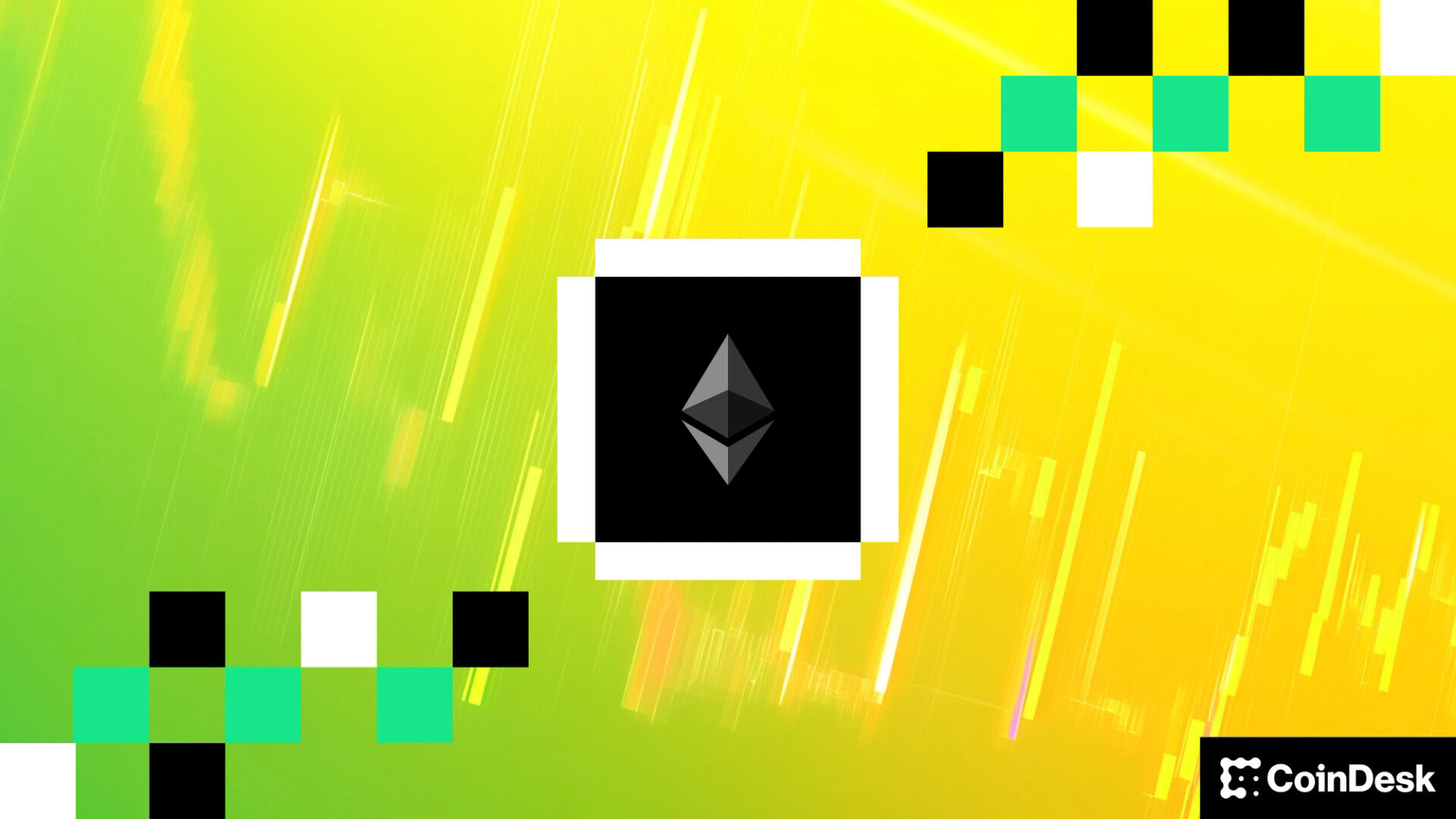-
Back to menu
Prices
-
Back to menu
-
Back to menu
Indices -
Back to menu
Research
-
Back to menu
Events -
Back to menu
Sponsored
-
Back to menu
Videos -
Back to menu
-
Back to menu
-
Back to menu
Webinars
Select Language
Research scientist Davide Crapis announced a new EF unit focused on AI payments, coordination and standards like ERC-8004 to ensure decentralized, verifiable infrastructure.
By Siamak Masnavi, AI Boost|Edited by Aoyon Ashraf
Updated Sep 15, 2025, 2:12 p.m. Published Sep 15, 2025, 2:03 p.m.

- Ethereum Foundation (EF) launched the “dAI Team” to connect blockchain and AI economies.
- EF research scientist Davide Crapis said the group will focus on payments, coordination and decentralization.
- The team continues work on ERC-8004, a proposed standard for proving AI agent trust.
The Ethereum Foundation (EF) is creating a dedicated artificial intelligence (AI) group to make Ethereum the settlement and coordination layer for what it calls the “machine economy,” according to research scientist Davide Crapis.
Crapis, who announced the initiative Monday on X, said the new dAI Team will pursue two priorities: enabling AI agents to pay and coordinate without intermediaries, and building a decentralized AI stack that avoids reliance on a small number of large companies. He said Ethereum’s neutrality, verifiability and censorship resistance make it a natural base layer for intelligent systems.
STORY CONTINUES BELOW
The EF is a non-profit organization based in Zug, Switzerland, that funds and coordinates the development of the Ethereum blockchain. It does not control the network but plays a catalytic role by supporting researchers, developers and ecosystem projects.
Its remit includes funding upgrades such as Ethereum 2.0, zero-knowledge proofs and layer-2 scaling, alongside community programs like the Ecosystem Support Program. The foundation also organizes events such as Devcon to foster collaboration and acts as a policy advocate for blockchain adoption.
In 2025, EF restructured to handle Ethereum’s growth, emphasizing ecosystem acceleration, founder support and enterprise outreach. The new dAI Team represents a continuation of this shift toward specialized units addressing emerging technologies.
Crapis is a research scientist at the EF and will lead the new dAI Team. He said the group will connect its work with both the EF’s protocol group and its ecosystem support arm.
“Ethereum makes AI more trustworthy, and AI makes Ethereum more useful,” he wrote, adding that the team intends to fund public goods and projects at the intersection of AI and blockchains.
The group will build on recent work around ERC-8004, a proposed Ethereum standard that Crapis described as a way to prove who an AI agent is and whether it can be trusted. By offering identity and reputation systems for autonomous agents, the standard is intended to allow coordination without centralized gatekeepers.
Crapis said the team will support new standards and upgrades as they emerge, guided by Ethereum’s values and the “d/acc” philosophy of decentralized acceleration. The goal, he explained, is to ensure AI development remains open and verifiable while giving humans greater agency over how intelligent systems interact with the economy.
For Ethereum, the move signals a growing ambition to anchor emerging technologies beyond finance.
If AI agents begin transacting at scale, demand could grow for settlement rails, reputation systems and standards that run natively on Ethereum. For the AI community, the initiative offers an alternative to centralized platforms that currently dominate AI infrastructure.
“The more intelligent agents transact, the more they need a neutral base layer for value and reputation,” Crapis said. “Ethereum benefits by becoming that layer and AI benefits by escaping lock-in to a few centralized platforms.”
The team has begun hiring and publishing resources, according to Crapis. He said EF intends to work “with purpose and urgency” to connect AI developers with the Ethereum ecosystem and to accelerate research at the boundary of the two fields.
AI Disclaimer: Parts of this article were generated with the assistance from AI tools and reviewed by our editorial team to ensure accuracy and adherence to our standards. For more information, see CoinDesk’s full AI Policy.
More For You
By Ian Allison, AI Boost|Edited by Parikshit Mishra
3 hours ago

The digital passport stamps form part of Amex’s new travel app, designed to record and commemorate the travel experience.
What to know:
- The valueless digital travel stamp tokens are minted and stored on Coinbase’s Base network.
- The Amex travel app also includes a range of tools for travels and Centurion Lounge upgrades.






